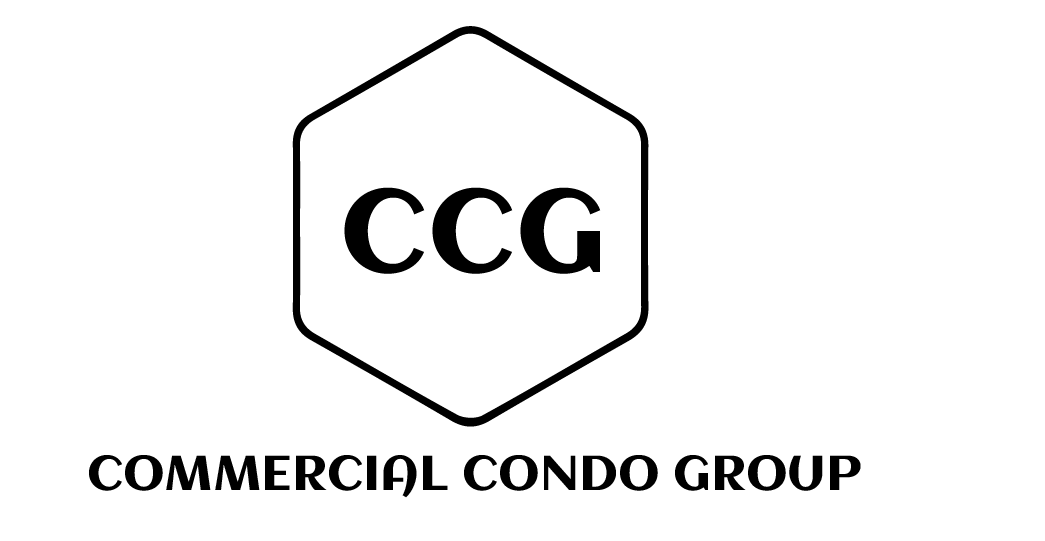Selecting the right location for your business is a critical decision that can significantly impact its success. Whether you are starting a new venture or relocating an existing one, the choice of location plays a pivotal role in attracting customers, employees, and business opportunities. In this article, we will explore the key factors to consider when choosing a location to run a business in commercial real estate.
Target Market and Demographics
Understanding your target market and the demographics of the area is essential. Analyze the population’s age, income levels, education, and lifestyle preferences. A location that aligns with your target audience will increase your business’s visibility and appeal, leading to higher foot traffic and customer engagement.
Accessibility and Visibility
The accessibility and visibility of your business location can make or break its success. Choose a location with easy access to major roads, public transportation, and parking facilities. Additionally, high visibility from main streets and busy intersections can enhance brand exposure and attract potential customers.
Competition and Market Presence
Assess the level of competition in the area and evaluate whether there is demand for your products or services. If the market is already saturated with similar businesses, consider whether your unique value proposition can set you apart and attract a loyal customer base.
Infrastructure and Amenities
Check if the location has adequate infrastructure and amenities to support your business operations. Ensure that there is reliable internet connectivity, sufficient utility services, and the availability of skilled labor in the area.
Proximity to Suppliers and Partners
If your business relies on a steady supply of raw materials or partnerships with other companies, consider a location that is in close proximity to your suppliers and potential partners. This can reduce transportation costs and facilitate smoother business relationships.
Zoning and Regulations
Review local zoning regulations and business-friendly policies in the area. Ensure that your business activities are allowed in the selected location and that you comply with any specific regulations or permits required.
Cost Considerations
Evaluate the overall cost of running your business in the chosen location, including rent or property purchase costs, taxes, insurance, and other operational expenses. A location that fits within your budget without compromising on essential requirements is crucial for long-term sustainability.
Safety and Security
Safety is paramount for both your employees and customers. Choose a location with a low crime rate and invest in adequate security measures to protect your business and its stakeholders.
Future Growth and Expansion
Consider the potential for future growth and expansion in the chosen location. Will the space accommodate your business’s needs as it scales? Planning for future growth can save you from the hassle of relocating once your business expands.
Local Business Support and Community
Being part of a supportive business community can offer numerous benefits. Consider networking opportunities, local chambers of commerce, and business associations that can provide valuable resources and support for your venture.
Conclusion
Choosing the right location for your business is a strategic decision that demands careful consideration. By evaluating factors such as target market, accessibility, competition, infrastructure, and cost, you can make an informed decision that aligns with your business goals and sets the foundation for long-term success. Conduct thorough research, seek professional advice, and envision your business’s future growth to find the perfect location that enhances your business prospects in the world of commercial real estate.







